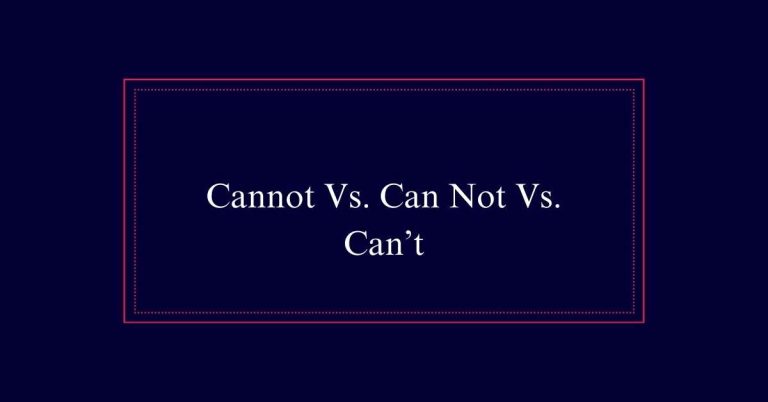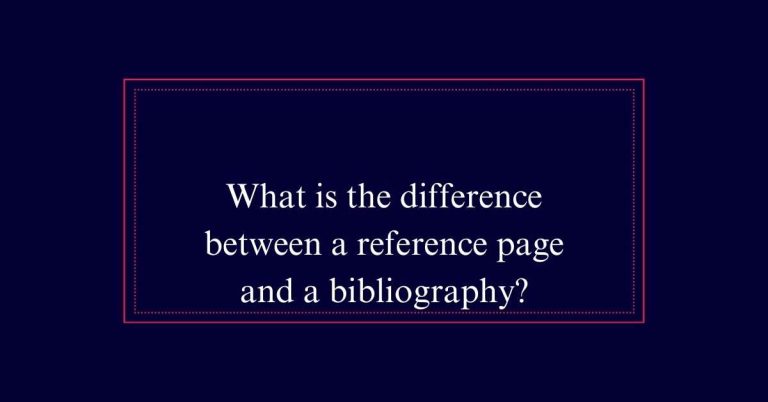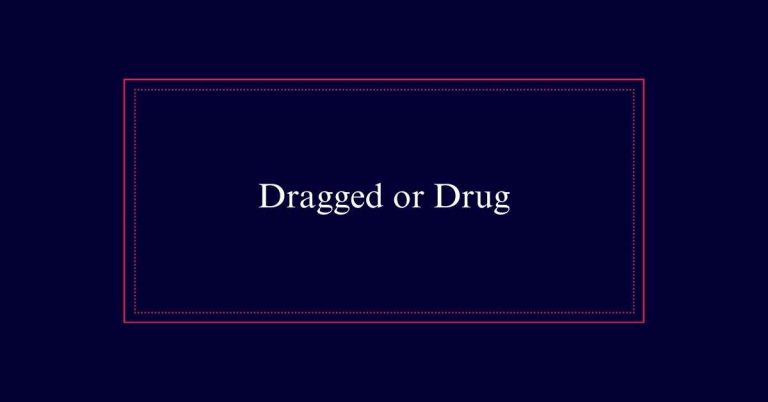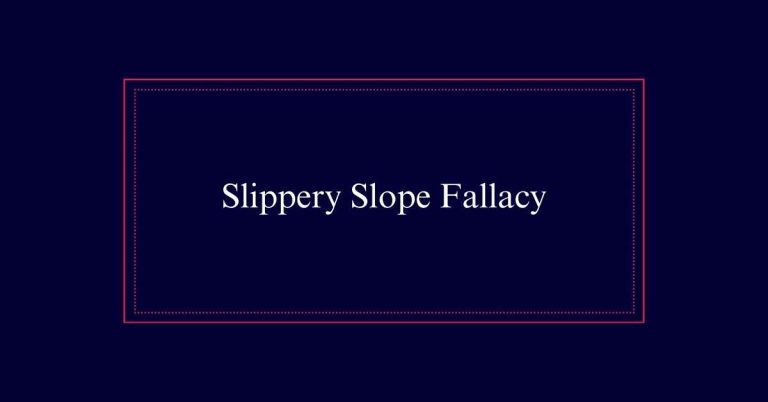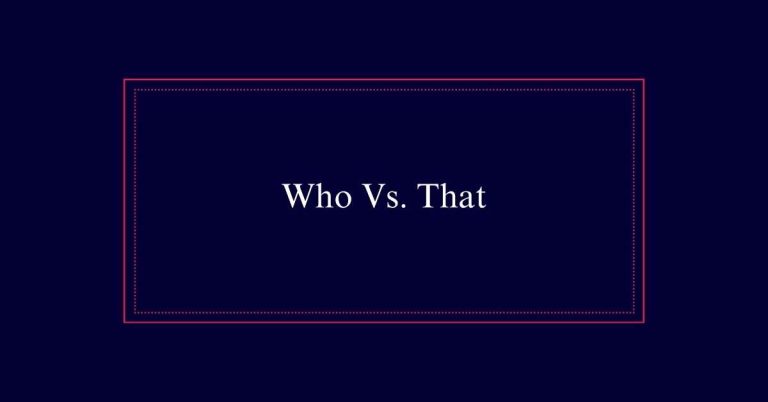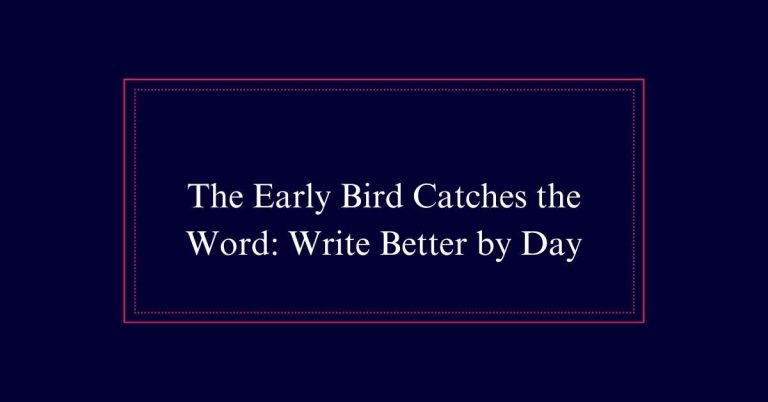Congradulations or Congratulations?
‘Congratulations’ is the correct spelling, not ‘congradulations.’ The word comes from the Latin roots ‘com-‘ and ‘gratulari,’ which means to express joy together. Using the accurate spelling is vital to guarantee clarity and avoid confusion. For instance, say ‘Congratulations on your achievement’ in both formal and informal contexts.
Correct Spelling
The correct spelling of the word is ‘congratulations’ with a T. This spelling is often confused, but ‘congradulations’ and ‘congraduation’ are incorrect. Using the right spelling is important for effective communication.
Whether in formal or informal settings, ‘congratulations’ is used to acknowledge achievements, such as ‘Congratulations on your promotion!’ Common mistakes in spelling can undermine the clarity and professionalism of your writing.
Latin Origins
Derived from Latin, the word ‘congratulations’ combines the prefix ‘com-‘ with the root ‘gratulari,’ meaning to express joy.
The prefix ‘com-‘ signifies together or with, while ‘gratulari’ stems from ‘gratus,’ meaning pleasing or thankful.
This fusion captures the essence of sharing in someone else’s happiness or success.
The term was used in classical Latin to convey sentiments of joy and pleasure in another’s achievements.
Over time, it has retained this celebratory connotation, evolving into the modern English term we use today.
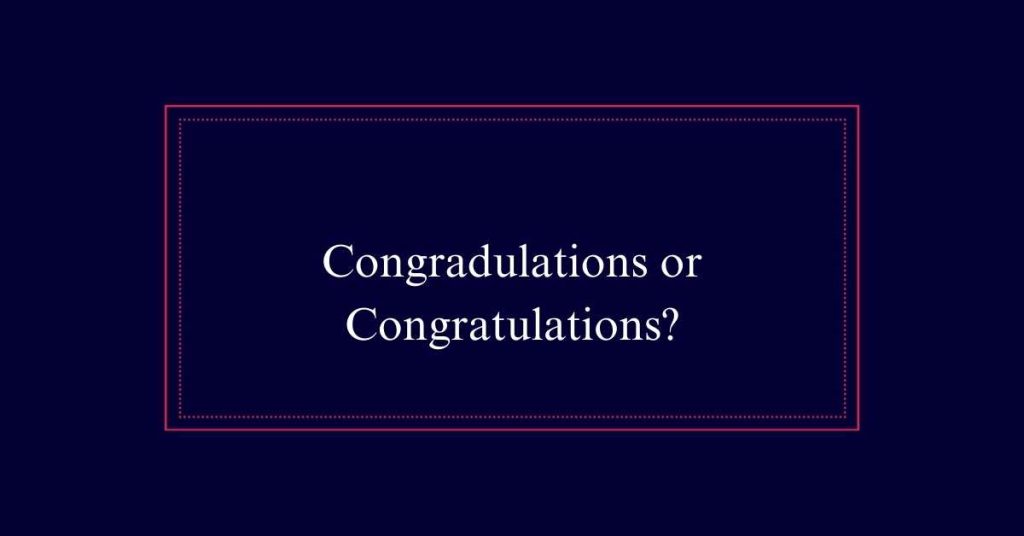
Incorrect Variations
Common misspellings like ‘congradulations’ or ‘congraduation’ often arise from the incorrect assumption that the word relates to ‘graduation.’ This misunderstanding is prevalent, but it is essential to recognize that ‘congratulations’ is the correct term.
The root ‘gratulari’ in Latin refers to expressing joy, not to graduation. Incorrect variations can detract from the professionalism of your writing. Misspellings can confuse readers and diminish the impact of your message.
Sentence Examples
Effective communication often hinges on using ‘congratulations’ correctly in various sentences. Consider these examples:
‘Congratulations on your promotion!’ and
‘He received congratulations from his peers.’
These sentences highlight the correct usage of the word in acknowledging achievements.
Another example is,
‘Congratulations to the team for their hard work.’
This sentence demonstrates the word’s role in celebrating collective success.
Similarly,
‘We extend our congratulations to the newlyweds’
shows its use in formal contexts.
Formal and Informal Usage
Understanding the appropriate contexts for ‘congratulations’ is essential for both formal and informal communication. In formal settings, such as business emails or official announcements, ‘congratulations’ is used to acknowledge professional milestones. For instance, you might write, ‘Congratulations on your promotion!’ In informal settings, it is often used in personal messages or casual conversations, such as congratulating a friend on their wedding.
Here is a comparison of formal and informal usage:
| Context | Example |
|---|---|
| Formal | Congratulations on your promotion! |
| Formal | Congratulations on winning the award. |
| Informal | Congrats on your new job! |
| Informal | Congrats on the baby! |
Common Mistakes
Misspelling ‘congratulations’ as ‘congradulations’ is a frequent error that can undermine the professionalism of your writing. This common mistake often occurs due to the similarity in pronunciation.
Another frequent error is confusing ‘occurred’ and ‘separate,’ which are often misspelled as ‘occured’ and ‘seperate.’ Recognizing and correcting these errors is important.


